People of color have every reason to not trust the healthcare system—but vaccines are vital
Traumatizing medical history of minorities and distrust of government worries and angers people of color to the point of not receiving a vaccine.
New Year resolutions for 2021:
- Get the COVID-19 vaccine.
- Survive high school.
- Get the COVID-19 vaccine.
- Get into college.
- Get the COVID-19 vaccine.
- Get the COVID-19 vaccine.
Are you seeing a common theme here?
During a time in which the COVID-19 virus has yet to be controlled, some people—particularly people of color—have shared their concerns with the Moderna and Pfizer vaccines, while others have bragged about their intentions to not receive the vaccine. Here is why those boasts are dangerously arrogant and ignorant, but why these fears are fair.
The reluctance to get vaccinated is understood. The distrust stems from a long history of people of color, Black people especially, being used as guinea pigs in failed biomedical and behavior research trials, and not receiving adequate health care services.
The Tuskegee Syphilis Study is one that looms in the minds of Black-Americans, often referred to as the darkest moment in American medical history. Poor, illiterate Black men in Macon County, Alabama were stripped of their autonomy, did not give consent to be studied, and were left to die of syphilis, while treatment (Penicillin) sat within reach of the head examiners.
Others examples include Black enslaved women being used to test painful and dangerous gynecological instruments. Modern examples include Black pregnant women having a higher fatality rate during childbirth, and a recent example of a Black female medical doctor dying from COVID-19 after disclosing alleged racism in her treatment. Systemic healthcare racial inequities are nothing new, and many have been exacerbated during COVID-19.
People of color are at a higher risk of contracting COVID-19, resulting in a higher fatality rate, likely due to socio-economic reasons. According to the CDC, Black Americans are 2.6 times more likely to get COVID and Hispanic Americans are 2.8 times more likely to get COVID. Also more troubling, Black Americans are 4.7 times more likely to be hospitalized and Hispanic Americans are 4.6 times more likely to be hospitalized. Black people are less likely to receive immunizations, so there is a high chance they might not be interested in, let alone trust, a COVID-19 vaccine.
However, to boast about the intention to not receive a vaccine is selfish and should not be encouraged even if you personally do not intend to get it, when this is the gleaming light of hope after the treacherous year of 2020. It is also grossly inappropriate during a time in which the US is “facing a whole lot of trouble,” according to Dr. Anthony Fauci, if the virus is not controlled. This virus, especially in Montgomery County, has yet to be controlled.
There are two vaccines that are being distributed across the country: the Moderna vaccine and the Pfizer-BioNTech vaccine. The Pfizer-BioNTech vaccine is thought to be 95 percent effective against COVID-19. The vaccine uses messenger ribonucleic acid (mRNA) so that when injected, it blends with a cell in the human body and will build spike proteins for that cell. While these spike proteins are associated with COVID-19, once vaccinated, those vaccinated cells also break some of those protein spikes into fragments, presenting it on their surface. Both the spike proteins and fragmented spike proteins are spotted, and thus recognized to fight infection.
This vaccine has been heavily researched since COVID-19 emerged because of the efficiency of technology. “We have amazing new scientific technologies that have led to—from the time the disease was identified—actually knowing what the virus was and what the genetic code of that virus [was],” Kate O’Brien, Director of the Department of Immunization, Vaccines, and Biologicals at the World Health Organization (WHO) said. Her full interview can be found here.
For those who are wary of a vaccine that comes in two distributions, this process is not new. It is very similar to a meningitis vaccine for teens. It is advised to receive two meningitis vaccines: the MenACWY vaccine between the ages of 11-12, the MenB vaccine between the ages of 16-18 , with a booster shot at age 16. It doesn’t make any one of the shots ineffective or unnecessary, in fact it strengthens the efficacy. Babies also get their flu shots in two doses, a month apart. This COVID-19 vaccine acts similar. We don’t know when COVID-19 is going to end, and we don’t know as much about the newer strands of COVID-19, and that is okay. Epidemiologists and immunologists are continuing to work to ensure that the necessary vaccines for everyone will be available.
Why now? Why should people of color trust physicians?
We can’t promise that systemic racism in regards to our health will be resolved in 2021, but we start the healing process by encouraging more Black and Brown students to join the medical field. When people of color see a more diverse group of doctors that look like them, they will start to ease up and be more open to getting vaccinated.
It is true that there are side effects to the vaccine, but they are mild like headaches, and pain at the injection site. There have been a handful of more severe side effects, but they are extremely rare and typically occur in people with a history of severe allergic reactions.
Overall, it is much safer to get vaccinated than to not get vaccinated.
It’s safe to say that 2020 was a year of trauma, change, challenges, and murder hornets. Your fears are recognized, but not taking the vaccine is a dangerous move for 2021. While we can’t promise that things will get better, at the very least, receiving the vaccine might make 2021 bearable.
Your donation will support the student journalists of Watkins Mill High School. Your contribution will allow us to purchase equipment and cover our annual website hosting costs.
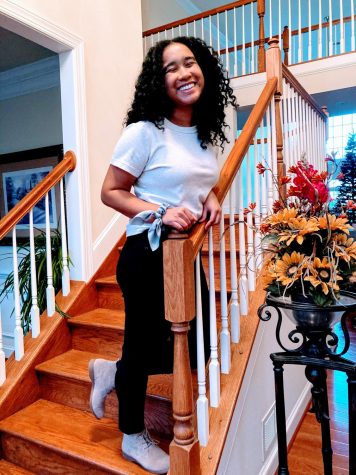
Grace Edwards is a senior at Watkins Mill High School and Co-Editor-in-Chief for The Current. She is a straight-A student who enjoys playing her violin....
Hawi Yohannes is a senior and is currently in the IB Diploma Program at Watkins Mill High School. She is a News Managing Editor at The Current. Hawi is...




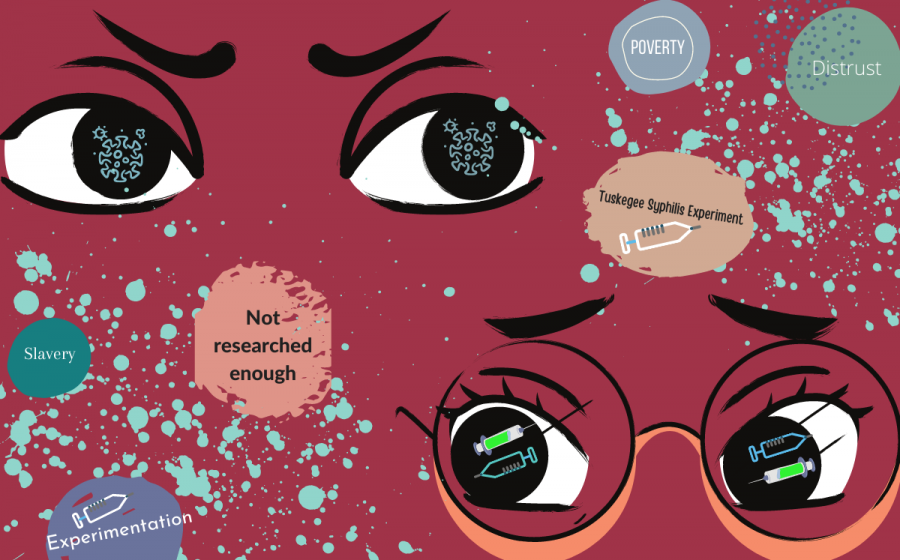

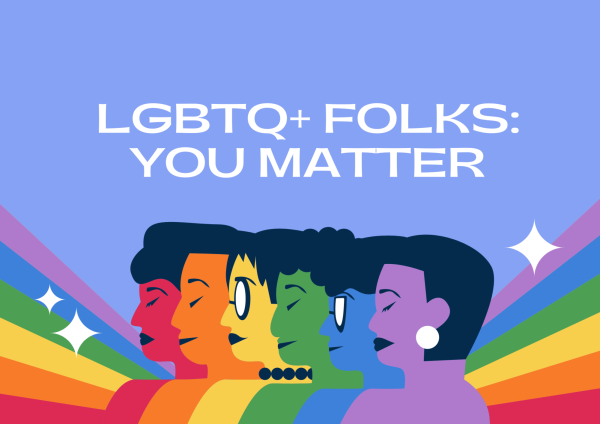
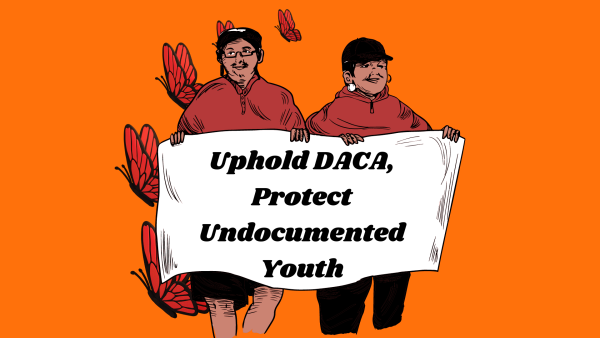
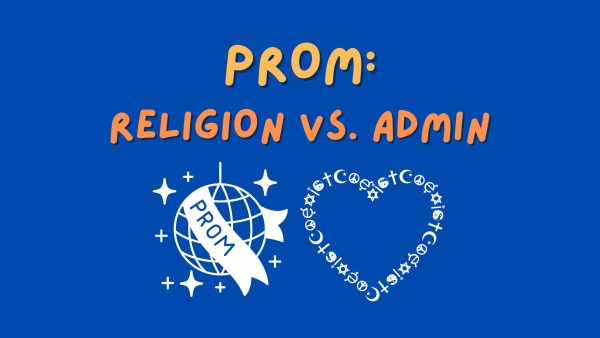
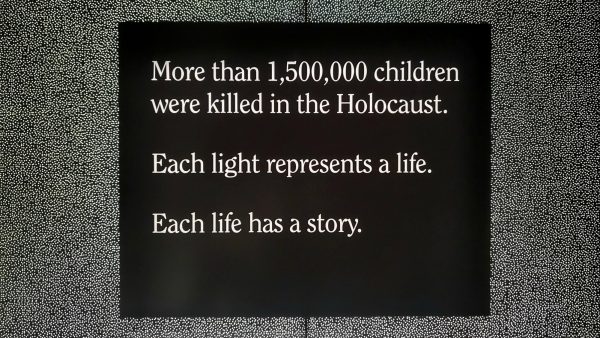
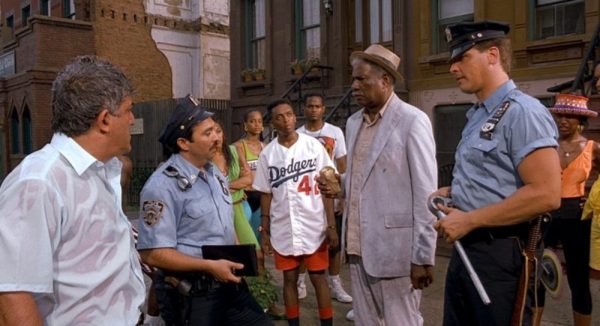

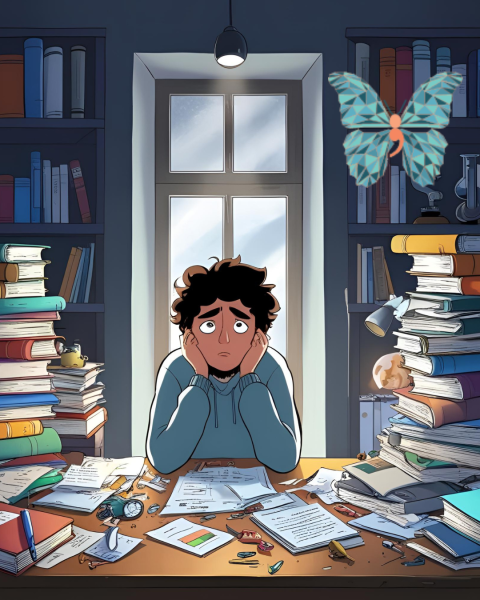


Hawi Yohannes • Feb 26, 2021 at 8:54 pm
Meaza, thank you so much for your beautiful, kind, and encouraging words.
Meaza Wolde • Feb 25, 2021 at 3:33 am
it’s a powerful educational campaign targeted approach, unexpected from junior high school students. We are so proud of Grace & Hawi.
I shared your powerful message to my friends who are hesitant to get this vaccine.
God Bless you
Grace Edwards • Feb 25, 2021 at 12:54 pm
Thank you for your kind words. 🙂